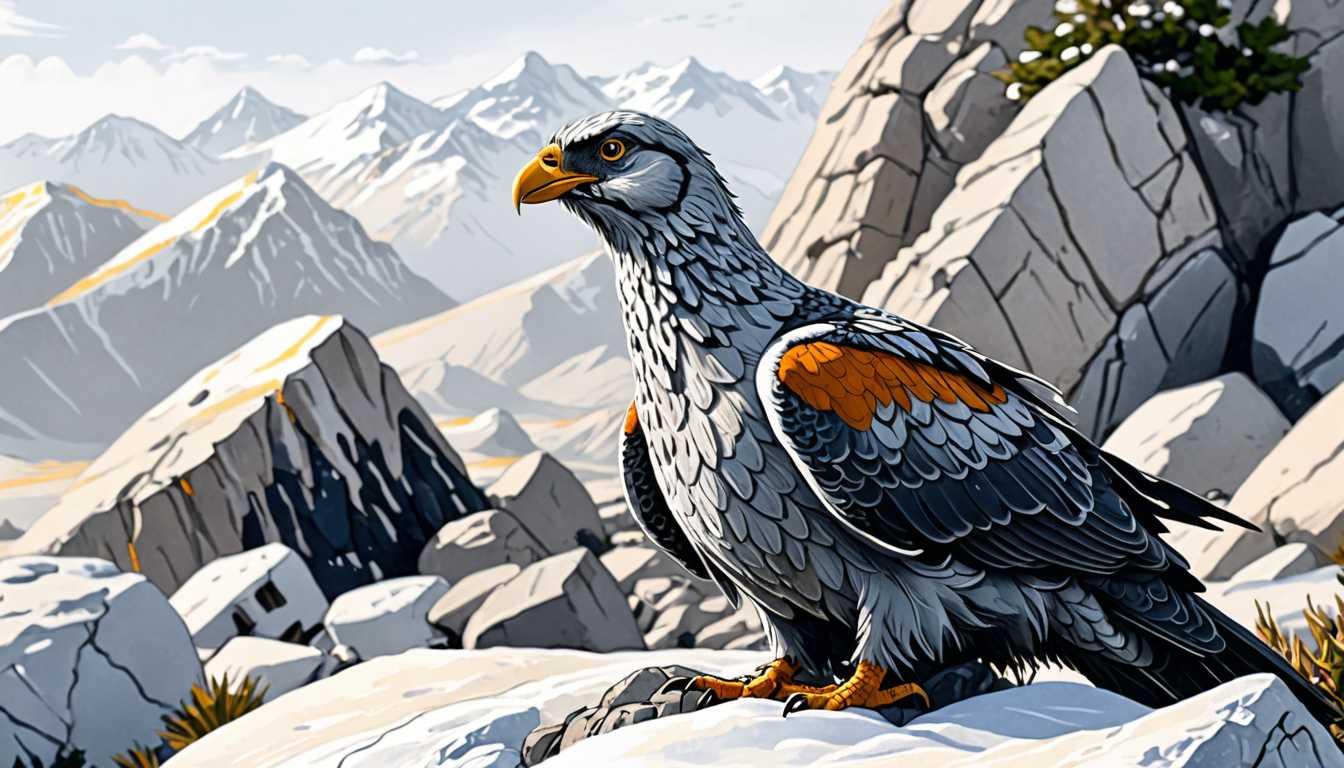Corals: Masters of Genetic Remix
January 2023
Stanford University
Introduction
Dive into the fascinating world of coral genetics with Stanford University's latest study! Unlike us humans stuck with our parents' genes, corals are constantly remixing their DNA to adapt to climate change. Dr. Elora López-Nandam's groundbreaking research reveals how these ancient sea creatures might be the masters of genetic innovation, passing on beneficial mutations to their offspring. It's a genetic lottery where only the best adaptations win, making corals surprisingly adept at surviving our planet's changing climate. Ready to explore how corals are rewriting the rulebook of genetics?
READ FULL ARTICLEWhy It Matters
Discover how this topic shapes your world and future
Corals - The Shape-Shifting Wizards of the Ocean
Imagine being able to change your genetic makeup to better suit your environment. Sounds like something out of a science fiction novel, right? Well, corals are living this reality! Unlike humans, who are stuck with the genes they inherit from their parents, corals have a fascinating ability to adapt to their changing environments by tweaking their genes. This not only helps them survive but thrive in conditions that would be challenging otherwise, especially in the face of climate change. This discovery sheds light on the incredible resilience of corals and opens up a whole new understanding of genetic adaptation. For you, this could mean a deeper appreciation of the natural world and its complexities, and perhaps inspire you to think about how organisms, including humans, can adapt to our rapidly changing planet.
Speak like a Scholar
Genome
The complete set of genes or genetic material present in a cell or organism. Think of it as the ultimate instruction manual for building and maintaining that organism.
Mutation
A change in the DNA sequence within a gene. It's like a typo in a word of the instruction manual that can change the item being built.
Adaptive genetics
The process by which genetic changes help an organism survive and reproduce in its environment. It's like updating the instruction manual to better suit the building conditions.
Gametes
The reproductive cells (sperm and eggs) that carry half the genetic information of an organism. These are the messengers that deliver the instruction manual to the next generation.
Protein sequence
The order of amino acids in a protein, determined by the genetic code. This sequence dictates how a protein folds and functions - essentially, how it does its job.
Alleles
Different versions of the same gene. Imagine having different blueprints for the same model of a car, each with slight variations.
Independent Research Ideas
Comparative study of genetic adaptation mechanisms in corals and other long-lived marine species
Investigate how other ancient marine organisms adapt their genetics over time compared to corals. This could reveal fascinating survival strategies across the animal kingdom.
The role of mutations in coral resilience to climate change
Dive into how specific mutations may make corals more resistant to the stresses of climate change, such as warmer waters and acidification. It’s like uncovering the secret weapons corals use to fight environmental challenges.
Technological applications inspired by coral genetics for human disease
Explore how the mechanisms corals use to filter out harmful mutations could inspire new technologies or methods for treating genetic diseases in humans. Imagine borrowing survival tricks from corals to heal people!
The impact of environmental stresses on mutation rates in corals
Examine how different environmental pressures, like pollution or temperature changes, affect the rate and types of mutations in corals. It’s a way to see how external factors can push corals to change.
Creating a genetic database of coral mutations and their adaptive advantages
Build a comprehensive library of the mutations found in corals, noting which ones offer adaptive benefits. This project could serve as a crucial resource for scientists working to conserve coral reefs.
Related Articles

Insects Unveiled: Your Tea's Hidden Story
July 2022
Smithsonian Magazine

Froggy Dance of Deception
March 2024
Smithsonian Magazine

DNA Detectives: Unveiling Hidden Life
February 2024
MIT Technology Review

Whales Sing Secrets Underwater
February 2024
Smithsonian Magazine

Everest: A Peak of Biodiversity
September 2022
National Geographic